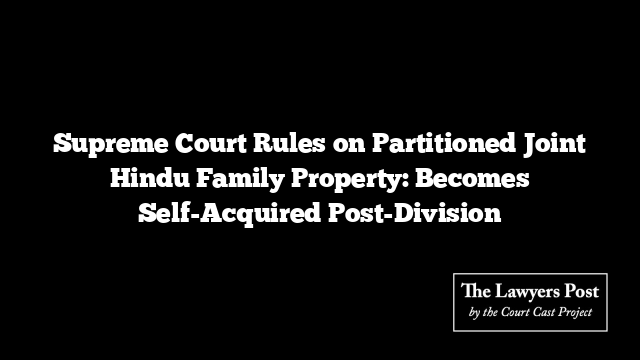The Supreme Court has firmly reiterated that bodies like the ‘Court of Kazi’, ‘Sharia Court’, and similar establishments have no legal recognition in India. Any rulings or directives issued by such bodies are not legally binding and cannot be enforced through legal means.
The bench, led by Justice Sudhanshu Dhulia and Justice Ahsanuddin Amanullah, revisited the 2014 judgment in Vishwa Lochan Madan v Union of India, which had similarly held that Sharia courts and the fatwas they issue do not carry legal weight. The ruling made it clear that while individuals may voluntarily accept the decisions of such courts, these decisions do not hold the force of law unless they align with the legal framework of the country.
The case stemmed from an appeal by a woman, whose maintenance claim was denied by the Family Court, citing a compromise agreement made before a ‘Court of Kazi’. The bench sharply criticized the Family Court’s reliance on this compromise, emphasizing that the agreement, made under the auspices of an unrecognized body, could not justify the court’s findings.
Justice Amanullah’s judgment further clarified that any declaration from such bodies, irrespective of their nomenclature, remains unenforceable by law. The only time such decisions can stand is if both parties involved voluntarily act upon them, provided such actions do not conflict with established legal principles.
In this specific case, the marriage in question took place under Islamic customs in 2002, and the couple’s ongoing disputes had been dealt with by these unofficial courts. The woman’s request for maintenance under Section 125 of the Criminal Procedure Code (CrPC) was dismissed by the Family Court, which based its decision on a compromise deed filed in a ‘Court of Kazi’. However, the Supreme Court found the reasoning flawed, stating that no legal conclusion could be drawn from the supposed admission of fault by the woman, which was not actually present in the compromise deed.
Additionally, the Court took issue with the Family Court’s assumption that the second marriage between the couple ruled out any possibility of dowry demands, calling this assumption “mere conjecture” with no basis in law.
Ultimately, the Supreme Court directed the husband to pay a monthly maintenance of Rs. 4,000 to his wife, starting from the date she filed the maintenance petition in the Family Court.
This ruling reaffirms that decisions from self-styled courts without legal recognition cannot have a bearing on family matters under Indian law.




